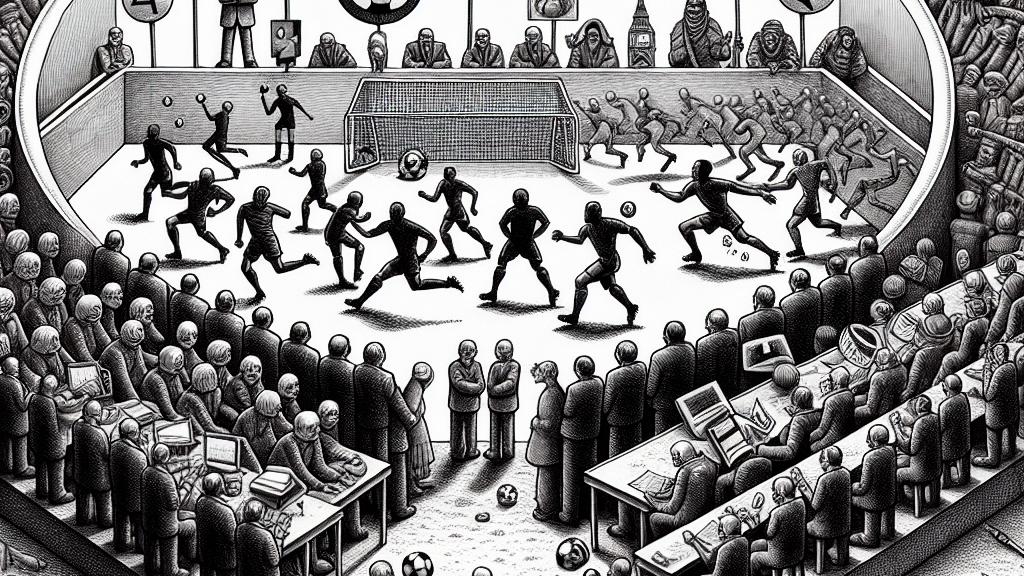Arrest of Danny Jordaan: Allegations of Fraud in South African Football
Overview
- Danny Jordaan, the president of the South African Football Association (SAFA), was arrested on alarming fraud charges that threaten to destabilize South African football entirely.
- He faces accusations of diverting SAFA funds, misusing approximately 1.3 million rand (around $72,000) for personal security and PR services without any rightful authorization.
- Critics point out that under Jordaan’s leadership, the national team has not qualified for a World Cup since 2010, reflecting a systemic failure in the management of the sport.

Danny Jordaan: A Complicated Legacy
Danny Jordaan is a notable figure in the history of South African football. Having served as president of SAFA since 2013 and playing a crucial role in bringing the FIFA World Cup to South Africa in 2010, he was once celebrated as a trailblazer in the sport. However, his recent arrest has cast a long shadow over his legacy. Allegations are surfacing that he misused funds—specifically, 1.3 million rand—for expenses like hiring a private security firm and a public relations company, actions deemed unauthorized and unethical. This stark contrast between his prior achievements and current allegations raises pressing questions about his stewardship of SAFA, revealing a leader once revered who now stands at the center of controversy.
The Investigation and Its Implications
The controversy deepened following a high-profile raid by the Hawks, a specialized crime unit, on SAFA headquarters. This operation was not just a routine check; it involved seizing electronic devices and important documents that could potentially unravel a larger web of corruption. It’s not just Jordaan facing scrutiny; alongside him, a chief financial officer and a businessman were also arrested. These developments have rekindled discussions about transparency and accountability in sports management, which are critically needed in South Africa. While Jordaan insists on his innocence, claiming that his actions complied with organizational protocols, the murmurs of discontent among fans and stakeholders continue to grow. They fear this situation reflects a deeper rot in governance that could hamper the future of South African football.
A Crucial Crossroads for South African Football
The arrest of Danny Jordaan could signify a pivotal moment for South African football. Fans, players, and advocates are increasingly vocal about the urgent need for change. The national team's inability to qualify for a World Cup since 2010 emphasizes a troubling trend that cannot be ignored. Many believe the lack of accountability in SAFA under Jordaan's presidency has drained vital resources that should have been invested in developing local talent and infrastructure. Moreover, calls for his resignation echo loudly in public forums, with many demanding a fresh approach to leadership—one that prioritizes the sport's health over individual power. As the legal proceedings unfold, all eyes are on SAFA: will they emerge from this scandal with a renewed commitment to integrity, or will this mark yet another period of disarray in South African football? The future remains uncertain, but change is significantly on the horizon.

Loading...